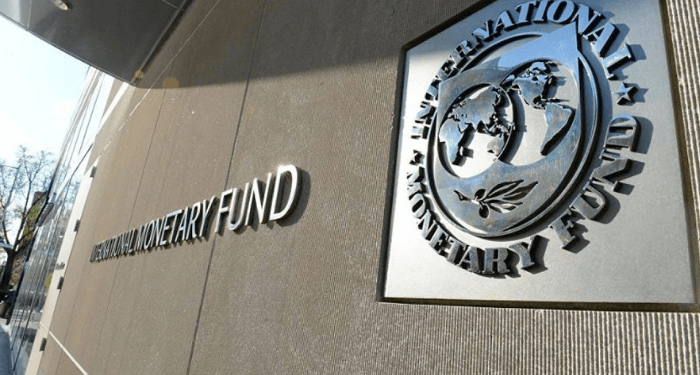Asset Declaration System Failing to Deter Corruption – IMF Governance Report
Ghana’s asset declaration regime has been described as incomplete and ineffective in preventing and combating corruption, according to the International Monetary Fund’s (IMF) 2025 Governance Diagnostic Report.
The Fund’s assessment highlights serious structural and legal weaknesses in the country’s asset declaration framework, governed by Article 286 of the Constitution and the Public Office Holders (Declaration of Assets and Disqualification) Act. The report notes that although the law provides a comprehensive list of public officials required to declare their assets and liabilities, it contains significant gaps that undermine its purpose.
Key Weaknesses Identified
Among the deficiencies outlined, the IMF cites the exclusion of assets beneficially owned by public officials and their close family members from the declaration requirement, describing this as a major loophole that allows hidden wealth accumulation. It also criticized the four-year interval for updating declarations—limited to when officials assume and leave office—as “exceptionally long” for a country with high corruption risks.
The IMF further observed that while the Auditor-General receives the asset declarations, it is the Commission on Human Rights and Administrative Justice (CHRAJ) that bears responsibility for verification and sanctioning violations. However, the report underscores that applicable sanctions remain uncertain and ineffective in deterring non-compliance.
Additionally, there is no legal framework empowering the Auditor-General or other agencies to verify asset declarations or cross-check data with other state institutions. This, the Fund noted, severely reduces the system’s usefulness as a corruption-prevention tool.
Lack of Transparency and Modernization
The IMF also criticized the lack of transparency in Ghana’s asset declaration process, pointing out that the declarations of high-level public officials are not made public. Moreover, there is no legal basis for developing an electronic platform to streamline or digitize the asset declaration process.
“There is no publicly available data on levels of compliance,” the report stated, adding that the absence of such data makes it impossible for citizens and oversight institutions to track whether public officials are meeting their disclosure obligations.
IMF’s Recommendations
The IMF urged the Ghanaian authorities to review and strengthen the asset declaration system to enhance transparency, accountability, and deterrence. Recommendations include expanding the scope of declarations to cover beneficial ownership and family-held assets, shortening the filing intervals, introducing verifiable data-sharing mechanisms, and making declarations publicly accessible.
According to the Fund, effective reform of Ghana’s asset declaration framework would mark a critical step toward improving governance integrity and restoring public trust in anti-corruption institutions.








